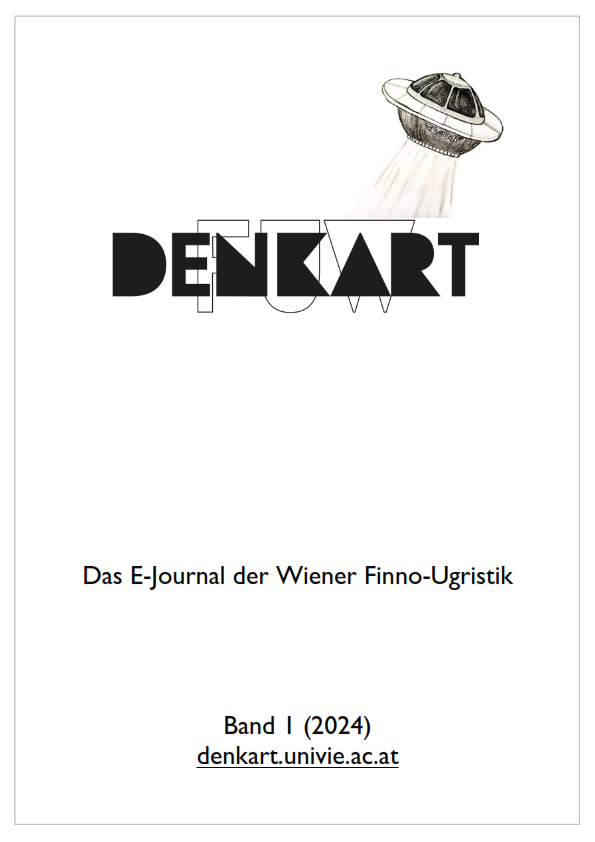Gullivers posthumaner Traum.
Über Frigyes Karinthys utopisch-dystopischen Roman Die Reise nach Faremido (1916)
DOI:
https://doi.org/10.25365/denkart-2024-04Keywords:
Gulliver, Fantastik, Posthumanismus, TranshumanismusAbstract
The Hungarian writer Frigyes Karinthy (1887–1938) proved his sense of Fantastic literature in several writings. In his two short novels Voyage to Faremido. Gulliver’s Fifth Journey (1916) and Capillaria. Gulliver’s Sixth Journey (1921), he created fantasies that dealt with current issues and social problems of their time in the best utopian-dystopian tradition. This paper analyses the Voyage to Faremido, starting from a discussion of the relationship between Karinthy’s humour and fantastic. It will be shown that the Voyage to Faremido opens up far-reaching posthumanist or transhumanist perspectives beyond the historical context (the traumas of the First World War as well as the connection between militarism and technological development), thus grasping a theme rooted in the late period of the Dual Monarchy and setting the scene for a rude awakening in the 20th century.
Downloads
Published
Issue
Section
License
Copyright (c) 2024 Denkart

This work is licensed under a Creative Commons Attribution 4.0 International License.


